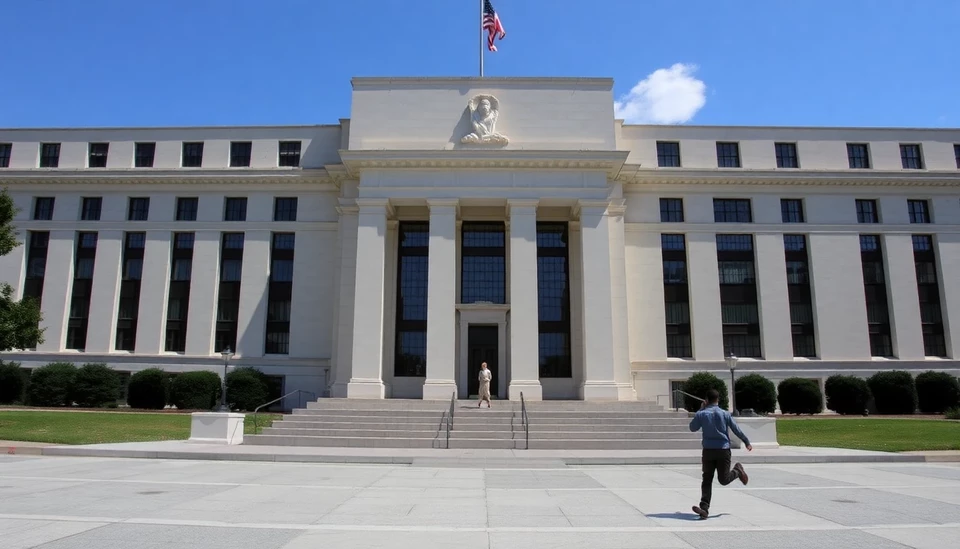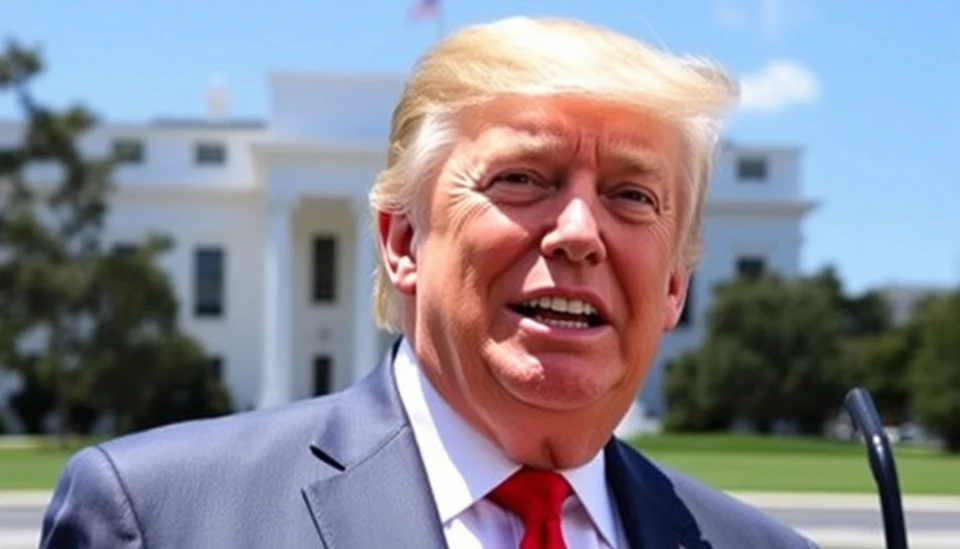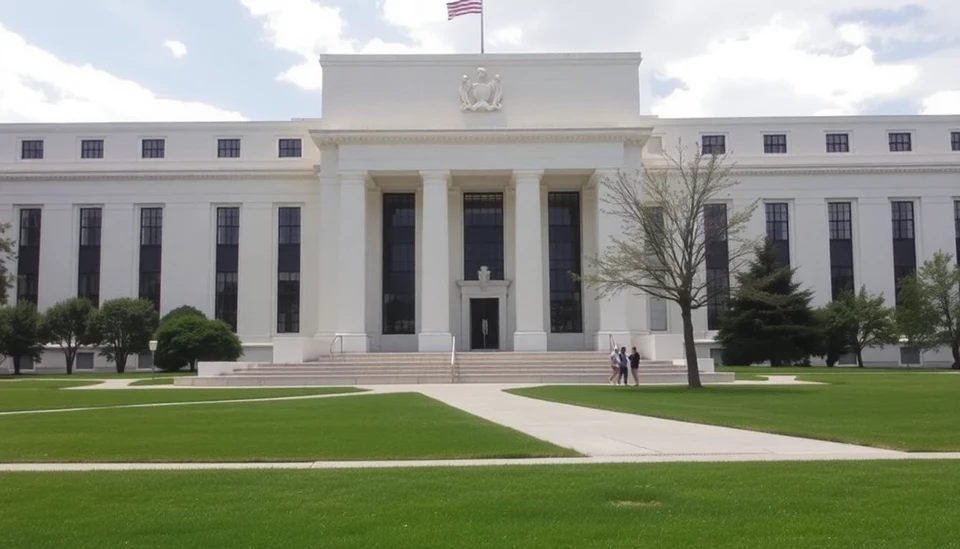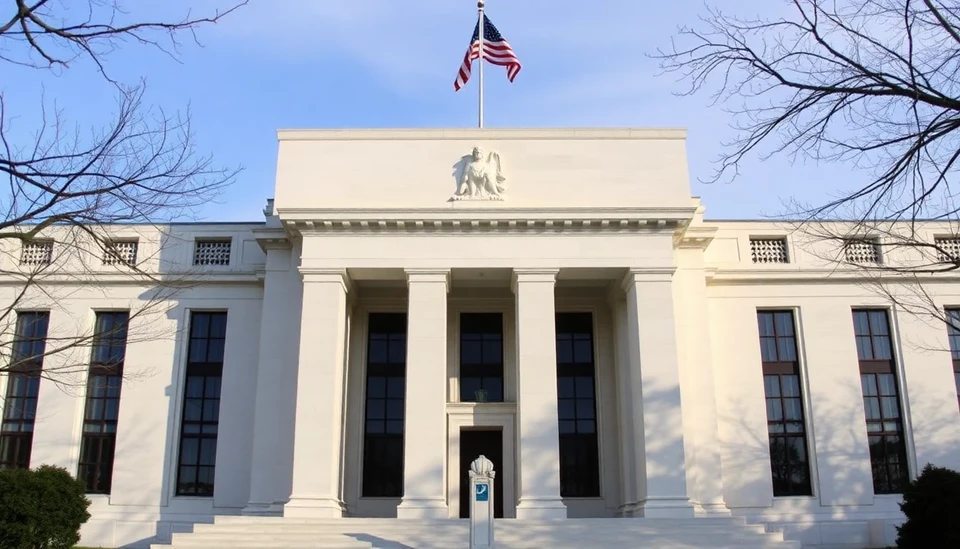
In a surprising move that has sent shockwaves through financial and environmental circles, the Federal Reserve has officially withdrawn from a prominent global coalition focused on climate change initiatives. This decision has ignited discussions surrounding the future of sustainability efforts and the role of central banks in combating climate-related issues.
The Federal Reserve's exit from the coalition, which was established to address the significant risks posed by climate change to the global economy, raises questions about its commitment to environmental sustainability. The coalition, which includes various central banks and financial regulatory bodies, was aimed at fostering collaboration and implementing strategies to mitigate financial risks linked to climate change.
Critics of the Federal Reserve's decision argue that stepping away from such initiatives undermines the institution's responsibility to ensure economic stability in the face of increasing climate-related threats. They contend that the Federal Reserve must acknowledge the inherent risks that climate change poses not only to the financial system but also to the overall economy, including the potential for economic downturns due to extreme weather events and shifts in market dynamics.
Supporters of the decision, however, argue that the Federal Reserve's primary focus should remain on monetary policy and financial stability, suggesting that its involvement in environmental policy may overstep its traditional mandate. This perspective posits that while climate change is indeed a pressing issue, central banks should concentrate on preventing inflation and maintaining stable interest rates rather than directly influencing sustainability efforts.
As the discourse unfolds, many are closely watching how this decision could impact the broader efforts of central banks worldwide in addressing climate change. The Federal Reserve's departure from the coalition might embolden other central banks to reconsider their positions or involvement in similar climate initiatives, potentially leading to a fragmentation of global efforts against climate change.
In the wake of the announcement, several environmental advocates have expressed their profound disappointment, stating that the Federal Reserve's withdrawal signals a retreat from leadership in the global fight against climate change. They emphasize that the challenges posed by climate change require cohesive action from all sectors, including financial institutions, to avert dire economic consequences.
This development also raises questions about how this strategic pivot aligns with the Biden administration's broader climate agenda. It remains to be seen if the Federal Reserve will seek alternative avenues to incorporate sustainability into its policy framework or if this signifies a definitive shift away from climate engagement altogether.
As discussions continue, market analysts are urging stakeholders to stay vigilant and monitor the Federal Reserve's future policies regarding climate risk assessments and their potential implications on both national and global economic landscapes.
In conclusion, the Federal Reserve's withdrawal from the global climate coalition marks a significant moment in the ongoing dialogue surrounding the intersection of finance and environmental sustainability. As organizations and policymakers navigate this complex terrain, the need for carefully balanced strategies that consider both economic stability and environmental responsibility becomes increasingly evident.
#FederalReserve #ClimateChange #Sustainability #CentralBanks #EconomicStability #EnvironmentalPolicy #GlobalCoalition #FinancialRisk #MonetaryPolicy
Author: Daniel Foster




